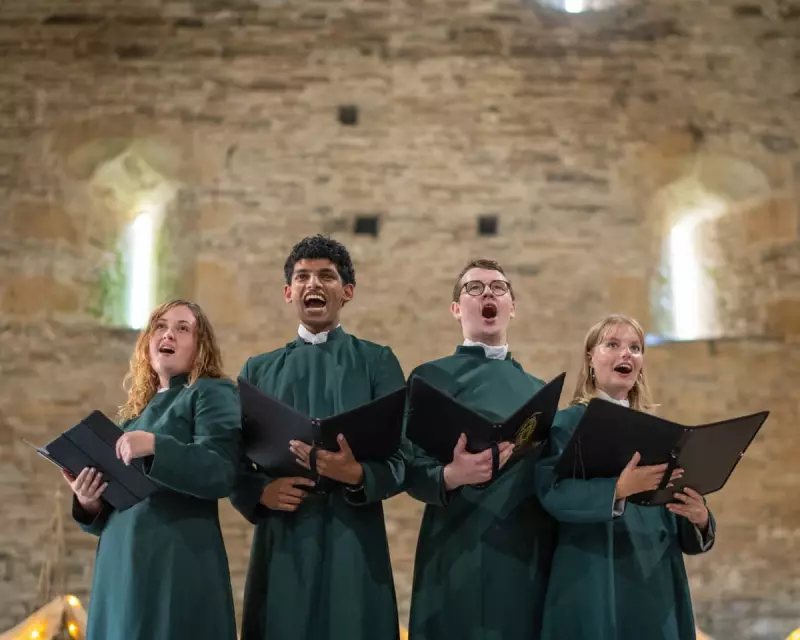
In a remarkable feat of historical preservation, sacred choral music that survived the turbulent dissolution of England's monasteries under Henry VIII has been brought back to life. Scholars and musicians have painstakingly reconstructed these haunting medieval compositions, offering modern listeners a rare auditory window into Tudor-era worship.
The Hidden Treasure of Tudor England
For nearly 500 years, these sacred melodies lay forgotten in obscure manuscripts, surviving the king's systematic destruction of monastic institutions between 1536 and 1541. The music represents one of the most complete examples of pre-Reformation English sacred music to survive the period.
A Musical Time Capsule
Musicologists spent years deciphering the complex notation system used by Tudor-era monks. "The notation is completely different from modern musical scores," explained Dr. Eleanor Hart, the project's lead researcher. "We had to essentially learn a new musical language to bring these compositions to life."
The Performance That Bridged Centuries
The reconstructed works recently received their modern premiere in a special performance at Westminster Abbey - the very institution where much of this music might have originally been performed before the Reformation. The haunting polyphonic chants filled the ancient stone vaults much as they would have in the 16th century.
Technical Challenges of Reconstruction
The team faced numerous challenges:
- Fragmented and damaged source materials
- Obsolete notation systems
- Lost performance traditions
- Uncertainty about vocal techniques
"This isn't just academic reconstruction," said conductor James Whitely. "We're dealing with living, breathing music that was central to spiritual life for generations of English people before the Reformation changed everything."
Why This Discovery Matters
Beyond its musical significance, this project sheds new light on:
- The richness of pre-Reformation English sacred music
- The cultural losses during Henry VIII's break with Rome
- The resilience of artistic traditions despite political upheaval
The reconstructed works will be recorded for future generations, ensuring that this precious musical heritage won't be lost again to history.





